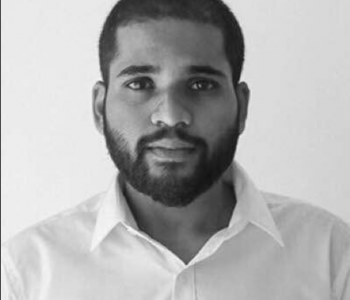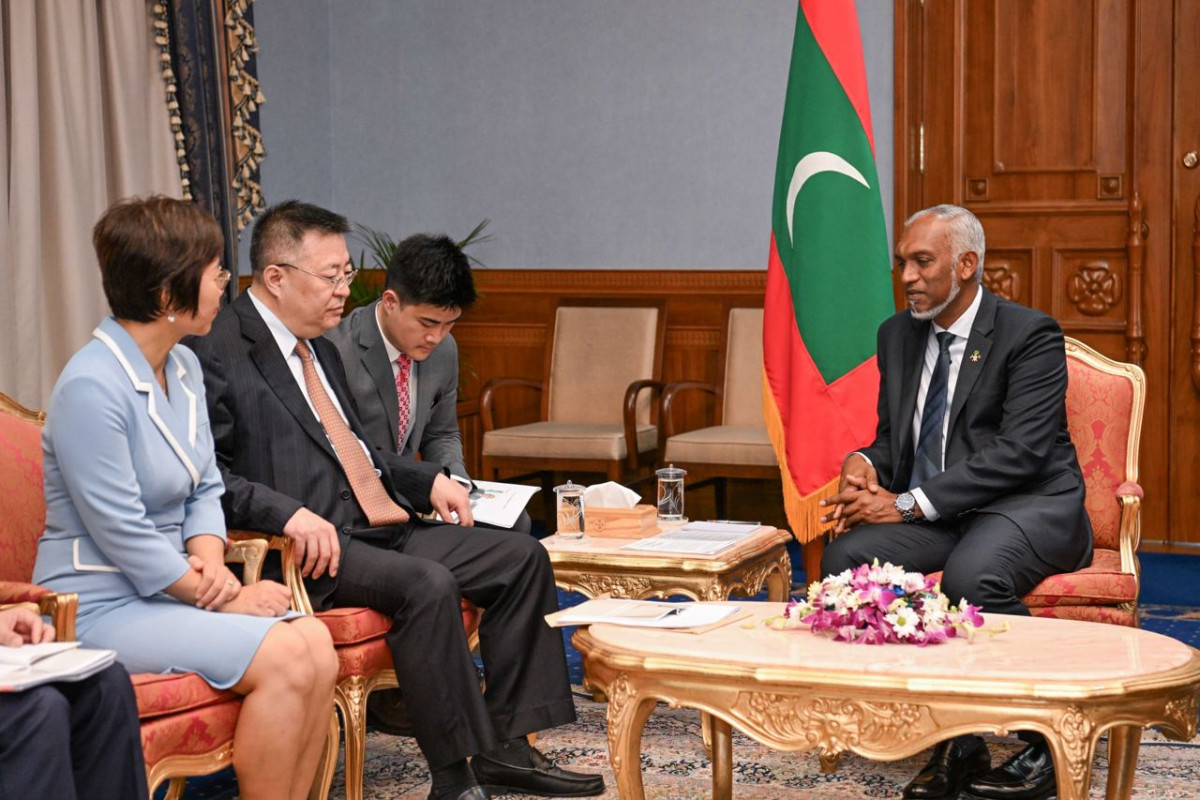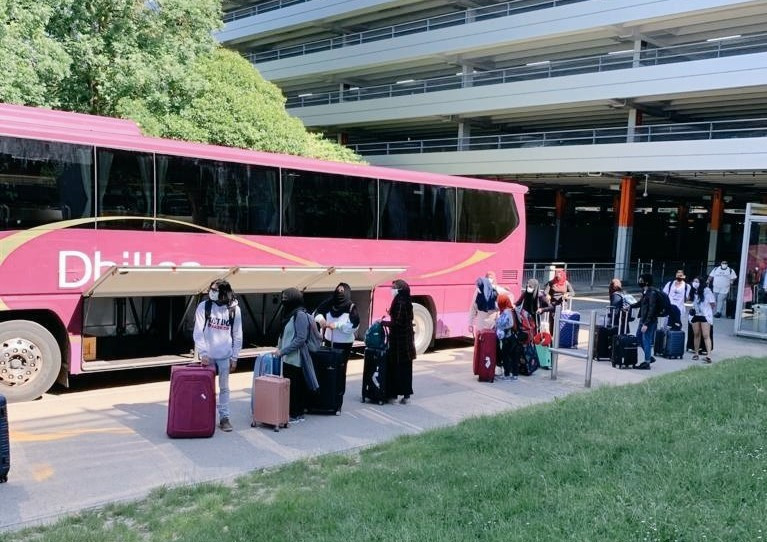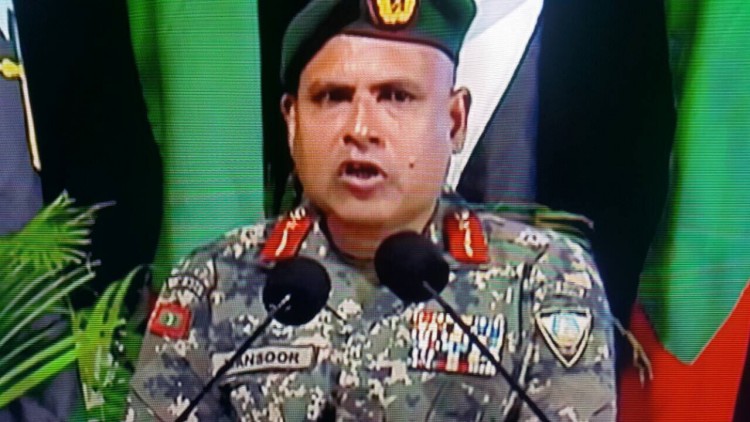How much is the president worth?
On Thursday, the President’s Office publicized the asset declarations of President Ibrahim Mohamed Solih, Vice President Faisal Naseem, 20 cabinet ministers, and 26 senior staff


The President\'s Office
The Maldives on Thursday began publicizing asset declarations and financial statements of top government officials. With frustration boiling over corruption across the country, this is a welcomed development for Maldives’ asset declaration regime.
Asset declarations serve as a tool for detecting and preventing illicit enrichment. It is something that the public has called for some time in the Maldives, but leaders have neglected to ensure, despite such declarations posing risk whatsoever to the independence and security of public officials.
On Thursday, the President’s Office publicized the asset declarations of President Ibrahim Mohamed Solih, Vice President Faisal Naseem, 20 cabinet ministers, and 26 senior staff, as per the administration’s first 100-day agenda.
READ MORE: President’s Office publicizes asset declarations of cabinet
President’s Office spokesperson Ibrahim Hoodh said on Friday that the President’s Office will be ‘improving’ the declarations, though he did specify how, and that political appointees in state companies and all government offices will soon be required to do so.
Vice president Faisal Naseem declared an income of MVR 1.7 million in the past six months, which he declared to be from ‘various sources’. Youth Minister Ahmed Mahloof, a media darling, declared no assets except for two motorcycles, but claimed he received a sum of over MVR 70,000 from ‘other income’.
Whether or not the President’s Office and the cabinet deserves the benefit of the doubt is not the question. Good practices are to make the declarations as detailed as possible, so as to show the fullest picture possible of cash flows; less ambiguity would go a long way in detecting any illicit enrichment.
There has also thus far been no mention of public officials having to declare the assets of his or her spouse, children, or close family members. Maldivian law does not require this either. Policies are yet unclear on how often the public declarations are to be updated.
After all, former president Abdulla Yameen never declared one at the beginning of his presidency, and still has not, after having left office. In fact, Yameen’s refusal to do so brought to attention another important factor in asset declaration here in the Maldives. There are no laws that specifically enforce an individual to disclose their assets, although the president in particular is required to do annually as per the constitution.
When the issue was made contentious through the ‘Haama Kurey’ movement in 2016, which called on parliamentarians to declare their assets, several members of the People’s Majlis expressed their opinion that a person’s finances are personal, and should not be made public knowledge.
Back then, MPs Ali Hussain, Eva Abdulla, Ibrahim Mohamed Didi, Mohamed Falah, Ali Azim, and then independent MP Mahloof, now the youth minister, had memorably published their financial statements online.
Whether or not public officials having to declare their assets and those of the people closest to them contravenes with their right to privacy, it seems to do some public good. At the very least, some of the frustration has been relieved. Now, to see how asset declaration can improve public trust in the judiciary.






